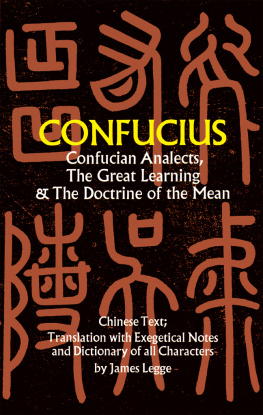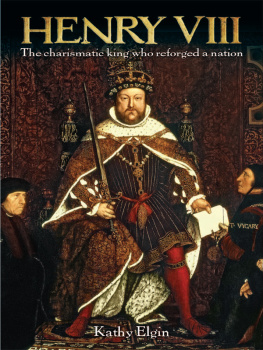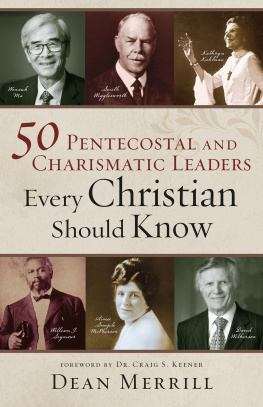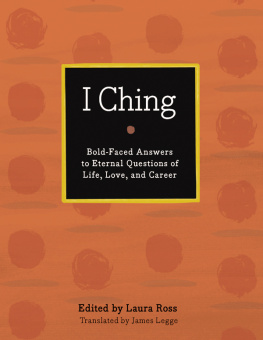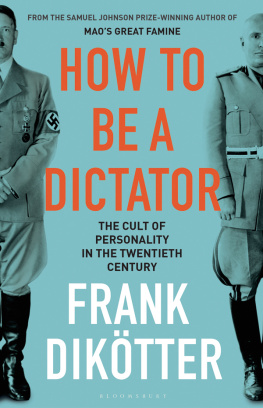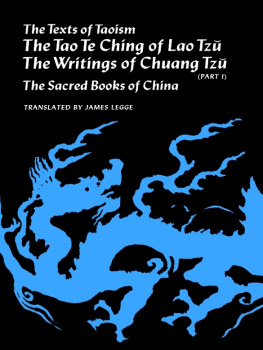Legge - Sukarno. A political bography
Here you can read online Legge - Sukarno. A political bography full text of the book (entire story) in english for free. Download pdf and epub, get meaning, cover and reviews about this ebook. year: 2012, publisher: Editions Didier Millet, genre: Politics. Description of the work, (preface) as well as reviews are available. Best literature library LitArk.com created for fans of good reading and offers a wide selection of genres:
Romance novel
Science fiction
Adventure
Detective
Science
History
Home and family
Prose
Art
Politics
Computer
Non-fiction
Religion
Business
Children
Humor
Choose a favorite category and find really read worthwhile books. Enjoy immersion in the world of imagination, feel the emotions of the characters or learn something new for yourself, make an fascinating discovery.

Sukarno. A political bography: summary, description and annotation
We offer to read an annotation, description, summary or preface (depends on what the author of the book "Sukarno. A political bography" wrote himself). If you haven't found the necessary information about the book — write in the comments, we will try to find it.
Legge: author's other books
Who wrote Sukarno. A political bography? Find out the surname, the name of the author of the book and a list of all author's works by series.
Sukarno. A political bography — read online for free the complete book (whole text) full work
Below is the text of the book, divided by pages. System saving the place of the last page read, allows you to conveniently read the book "Sukarno. A political bography" online for free, without having to search again every time where you left off. Put a bookmark, and you can go to the page where you finished reading at any time.
Font size:
Interval:
Bookmark:
3 | Apprenticeship in Nationalism
Surabaya and Bandung 19161926
4 | First Steps as a Nationalist Leader:
The Search for Unity 19261929
Photo Credits
to the Third Edition
The first edition of this book appeared in 1972, shortly after Sukarnos death. Much has happened since then and much has been written about Indonesias struggle for independence and about the early years of the republic. It is a question whether the passage of time and the resulting changes in perspective will affect the way we judge the political career of Indonesias first president.
Earlier observers of the post-war scene in East and Southeast Asia in the 1940s, 1950s and 1960s were witnessing a fundamental reshaping of the political structure of the whole region as old empires collapsed and new elites, themselves the products of colonial rule, asserted themselves. Students of these events focused on political and social upheavals, the development of new nationalisms and the emergence of new states, developments which were seen as part of an entirely natural process, a response to colonial rule brought to fruition by the course of global conflict. And the aspirations of those engaged in the struggles of the time were examined as part of that process. It was in that context that leaders like Sukarno were viewed. Half a century later, against a longer time span, the paradigms of the past may be called into question. How do we now see the rise of Indonesian nationalism, the struggle for independence and the goals of the new republic? If it seemed a natural process at the time, do we still see it that way? Or, as the new state failed to produce the prosperous and democratic society that had been hoped for, does nationalist ideology any longer seem an appropriate framework for the understanding of political action? If not, how does that affect our current assessment of earlier actors on the political stage?
Certainly Sukarnos own reputation has fluctuated over the years. Long accepted as the leader and perhaps the creator of a new nation, he was discredited in the mid-1960s, edged gradually from office between 1965 and 1968 and honoured fairly perfunctorily at the time of his death in 1970. He then became largely forgottenor at least ignored. The early years of Suhartos presidency which followed Sukarnos fall were years of reform and economic development, repairing the excesses of Guided Democracy. But even as the New Order regime became more authoritarian and corrupt there was at first little revival of nostalgia for the excitements and volatility of the Sukarno years.
During the 1990s, however, growing disaffection with the regimes repressive features, its corruption and nepotism, led to demands for reform (reformasi) and in that changed context, memories of the parliamentary period of the 1950s did serve to evoke an interest in Sukarno himself, an interest that was greatly stimulated by the emergence of his daughter, Megawati Sukarnoputri, as a new actor on the political stage. In 1993 she was elected to the chairmanship of the Indonesian Democratic Party (PDI), one of the two non-governmental parties allowed to exist after a radical simplification of parties in 1973. (The other was the Muslim-oriented United Development Party or PPP and both were more than balanced by the government-supported party, Golkar.) Megawatis election to the leadership of the PDI was a reflection of popular support, a fact which made her a potential threat to the political controls of the Suharto government . Her popularity was increased three years later when the government moved to oust her from the party chairmanship and supported a violent attack on the partys Jakarta headquarters.
Against the background of economic crisis in East Asia as a whole, Suhartos presidency came under increasing pressure, even within Indonesias political elite, and though he secured reelection for a seventh term as president at the meeting of the Peoples Consultative Assembly (MPR) in March 1988, discontent began to express itself more openly in street demonstrations. These included the actions of organised student protest movements , which culminated in the shooting of four students on the campus of Trisakti University in Jakarta. (The event had echoes of the student protests of 1966 which formed part of the pressures leading to the fall of Sukarno.) The widespread rioting that followed in Jakarta and other cities provided the context in which an ageing Suharto, after desperate attempts to delay a final decision, stepped down as President, to be succeeded by Vice-President, B. J. Habibie. In the changed political situation Megawati reorganised her party, now re-launched as PDI-Perjuangan (Indonesian Democratic Party of Struggle).
There followed, in quick succession, new elections in which the PDI-P achieved a third of the vote, outstripping the performance of other parties, a new MPR, a new President in the person of Abdurrahman Wahid with Megawati as his Vice-President, and finally, after a volatile, erratic and uncertain Wahid government, the accession of Megawati herself as Indonesias fifth president. Her accession, in the year which marked the 100th anniversary of her fathers birth, makes it perhaps an appropriate time to look again at Sukarnos career.
Should he, in retrospect, be judged more kindly than he was in 1965? He was, in many ways, a disastrous president, undermining the workings of constitutional democracy in the 1950s, the architect of an adventurist foreign policy culminating in the Confrontation of Malaysia in 1963, responsible for failed economic policies and displaying, within the framework of Guided Democracy, an increasingly authoritarian political style. But he had been an effective leader during the late 1920s, arguing for the unity of the different streams of nationalist action and, more than any other figure, the one responsible for the imagining, to use Ben Andersons term, of the future Indonesian national community . After prison and exile under the Dutch he returned, during the Japanese Occupation, to make himself the visible and pre-eminent national leader, the proclaimer of Indonesian independence in 1945 and the unquestioned choice for president.
What, then, were his real achievements and how relevant are those for Indonesia in the changed circumstances of the beginning of the 21st century? Will Sukarnos daughter lay claim to his legacy and seek to interpret his principal ideas in a radically changed situation? Regional problems, for example, remain acute. Can a daughter of Sukarno countenance the negotiation of a new form of relationship between Jakarta and Aceh or West Papua? Such concessions might be held to go against the goal of preserving the integrity of the unitary state. Conversely the Sukarno legacy might be interpreted as requiring such concessions in order to keep those provinces willingly within what Herbert Feith has called the Indonesia project. Will she follow his constitutional preferences or be prepared to press for amendment to the 1945 Constitution so as to allow the development of more democratic institutions and perhaps provide for a more genuine degree of regional autonomy? What kind of relationship will she develop with the army leadership which, as under Sukarno, is now at best a partner of the political leadership, not an integral part of that leadership as it was under Suharto? How will problems of public order be handled? Will Megawati be able to put an end to premanism, the systematic violence of gangster groups, now a part of Indonesian political life? Will it be possible to restore or create independent judicial processes? And what long term effects might the events of October 12, 2002 have for domestic political alignments in Indonesia?
In these and other areas Suhartos Indonesia stood in sharp contrast to the idealistic nationalism to be discerned, if only imperfectly realised, in the ideas of Sukarno.
Font size:
Interval:
Bookmark:
Similar books «Sukarno. A political bography»
Look at similar books to Sukarno. A political bography. We have selected literature similar in name and meaning in the hope of providing readers with more options to find new, interesting, not yet read works.
Discussion, reviews of the book Sukarno. A political bography and just readers' own opinions. Leave your comments, write what you think about the work, its meaning or the main characters. Specify what exactly you liked and what you didn't like, and why you think so.

